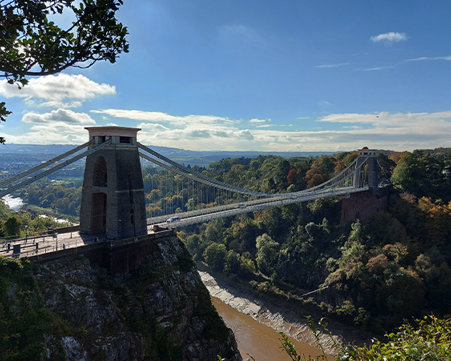
The future of the Wylfa nuclear power plant in North Wales now looks uncertain with the news that the new Energy Secretary, Ed Milliband, has launched a review of the UK’s nuclear plans. The current target set by the previous government for a quarter of the UK’s electricity to come from homegrown nuclear power by 2050 is likely to also be in jeopardy.
The Wylfa site houses a twin reactor decommissioning power station located on the north coast of Anglesey between Amlwch and Holyhead in northwest Wales. The plant was operational from 1971 before ceasing operations in December 2015 with defueling of the site completed in September 2019.
Earlier this year, the then chancellor Jeremy Hunt announced in his Spring Budget that the Wylfa site had been purchased from Hitachi and was the preferred site for the UK’s next nuclear power station following the development of Sizewell C in Suffolk. The deal comprised two sites, Wylfa in north Wales and Oldbury in south Gloucestershire, and was the first instance of a government investing in land for new nuclear plants since the 1960s. The Wylfa site was expected to be capable of providing enough electricity to power over 6 million homes for 60 years.
The previous site owners, Hitachi, suspended their plans for the £20bn development of Wylfa in January 2019 due to rising costs and a failure to reach an agreement with the UK government for financial support.
The new Labour government failed to commit to developing the Wylfa site in their manifesto, though Labour Wales’ manifesto had suggested it would, “continue to explore the opportunities for new nuclear at Wylfa.” There is an option to deploy small modular reactors (SMRs) on the site as an alternative to committing to a new gigawatt capacity plant. However, reaching the UK’s targets for the production of homegrown energy that were previously set out in the Civil Nuclear Roadmap in January of this year will be extremely challenging without a commitment to further large scale nuclear projects.
Whilst no official announcements have yet been made, it looks certain that the new government is undertaking a full review of previously committed plans for nuclear development in the UK and the future for homegrown nuclear power once again looks uncertain.
Share this article

As 2024 comes to a close, we at Hi West would like to take a moment to express our heartfelt gratitude to everyone who has been part of our journey this year.

Last weekend saw Darragh, the fourth named storm of the 2024-25 season, unleash high winds and heavy rainfall across the British Isles, once again straining the UK’s flood defences and transport infrastructure to their limits.

According to figures released recently, the nuclear sector in Bristol has reached a new milestone, now supporting 3,500 jobs as the city strengthens its role as a center for engineering, manufacturing, and research.